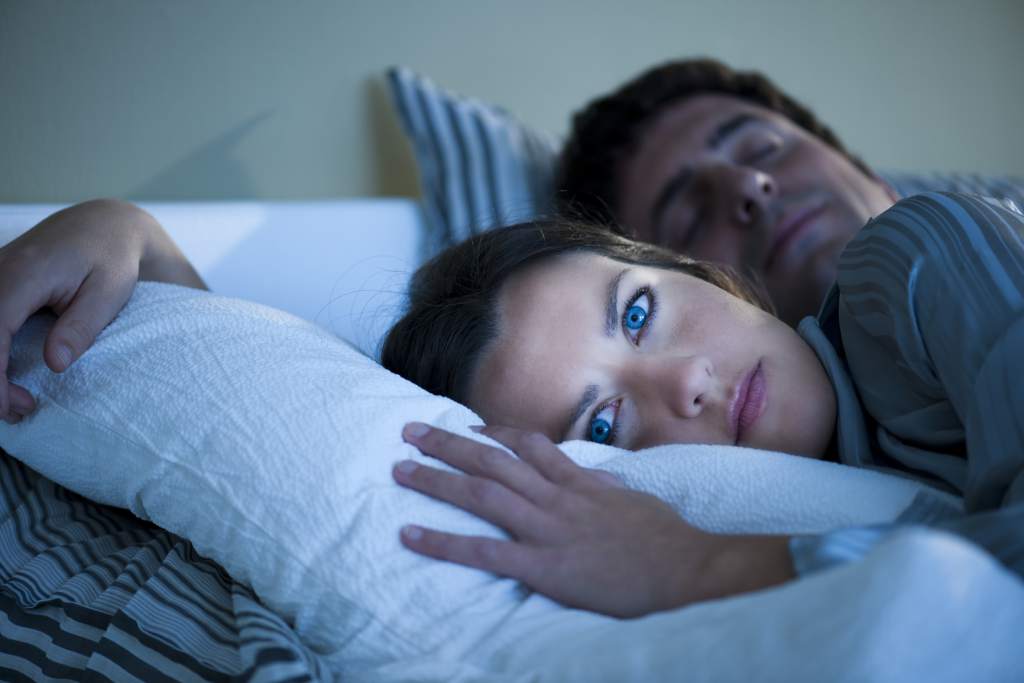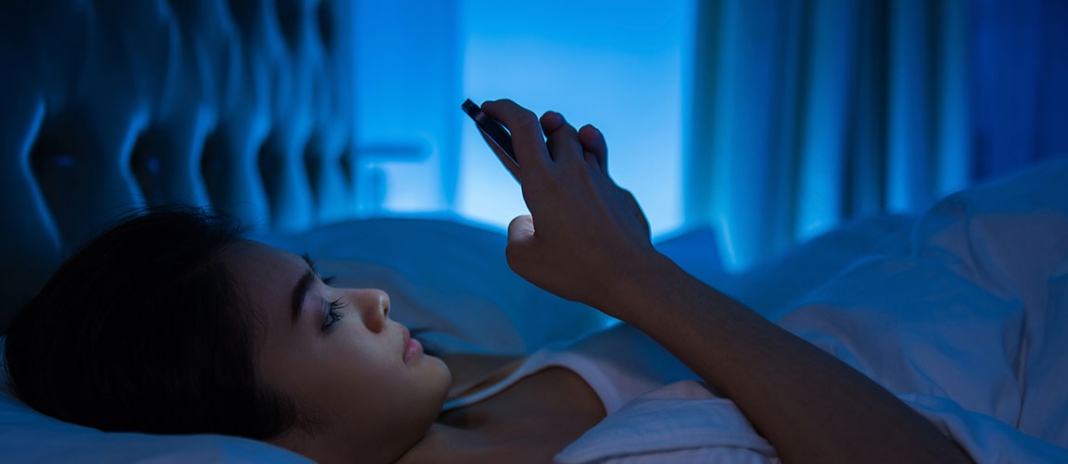Do you snuggle up with your smartphone, tablet, or watch TV from the comfort of your bed?
According to a new study from the University of Houston College of Optometry in the United States, researchers found that blue light emitted from electronic devices could contribute to the high prevalence of reported sleep dysfunction.
Researchers asked 22 participants, aged 17-42, to wear short wavelength-blocking glasses three hours before bedtime for two weeks, while still performing their nightly digital routine.
As a result, the study which published in Ophthalmic & Physiological Optics, showed a 58 percent increase in their nighttime melatonin levels, a natural hormone that regulates sleep and wakefulness in the body.

Wearing activity and sleep monitors 24 hours a day, the participants also reported falling asleep quicker and sleeping better, and even increased their sleep duration by 24 minutes a night.
“The most important takeaway is that blue light at night time really does decrease sleep quality. Sleep is very important for the regeneration of many functions in our body,” said Dr. Lisa Ostrin, the UH College of Optometry assistant professor who lead the study.
Ostrin suggests limiting screen time, applying screen filters, or wearing computer glasses that block blue light. Some devices even include night mode settings that limit blue light exposure.
According to a regional survey Malaysians get only 6.4 hours of sleep on average. This leads to a sleep gap of 1.6 hours short of the recommended 8 hours of sleep. Mobile devices and spending time online is one of the leading causes of this sleep deprivation.
– Cover Image: ArticleCube.com









